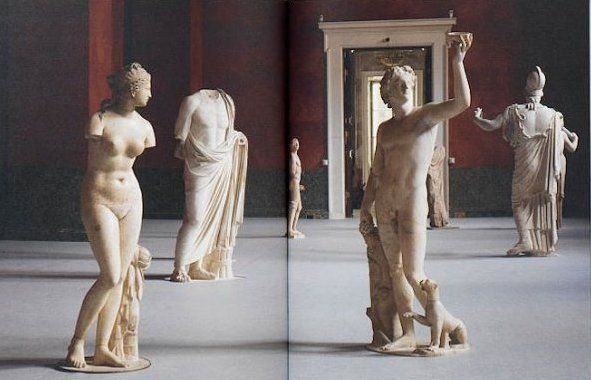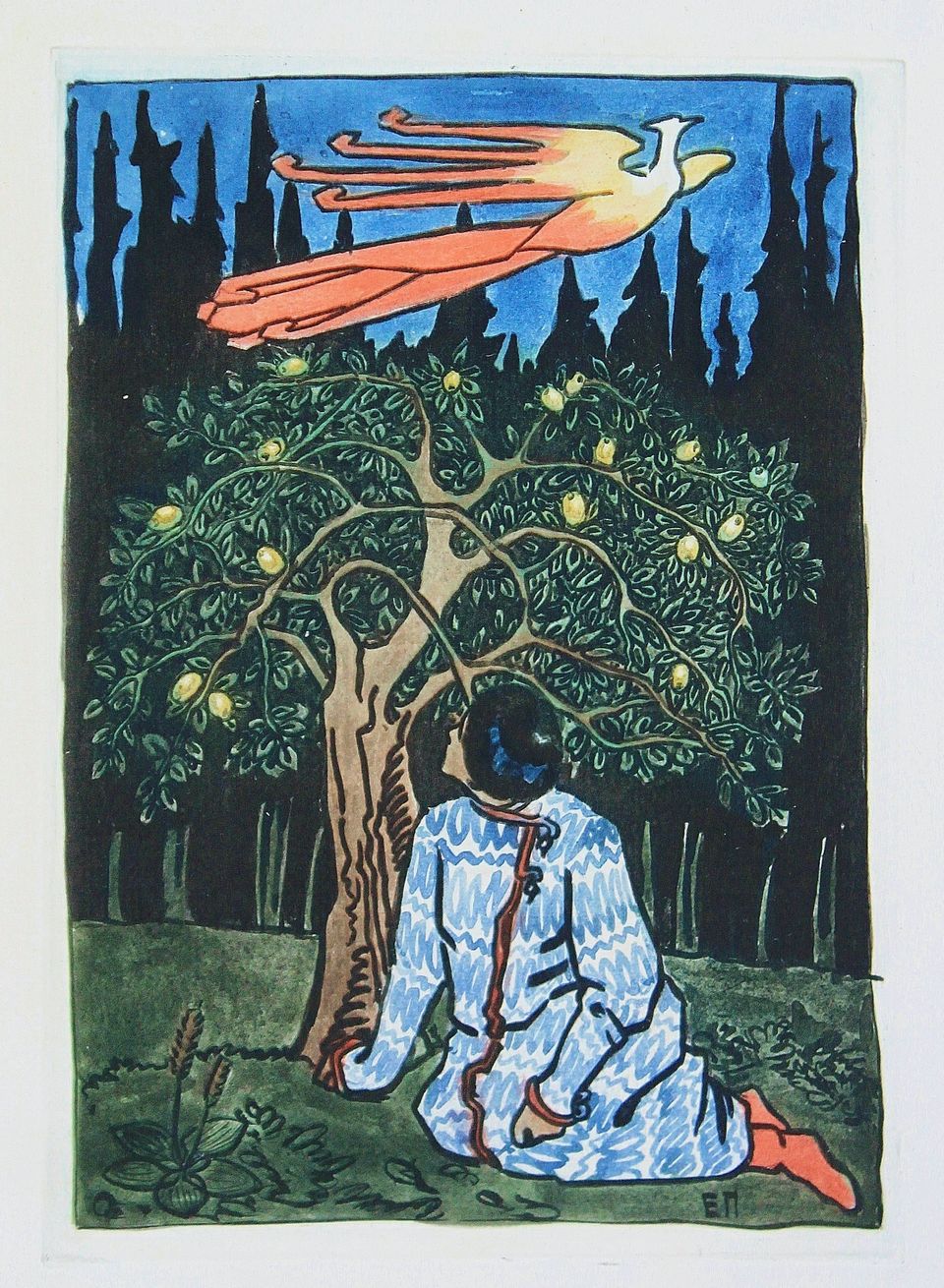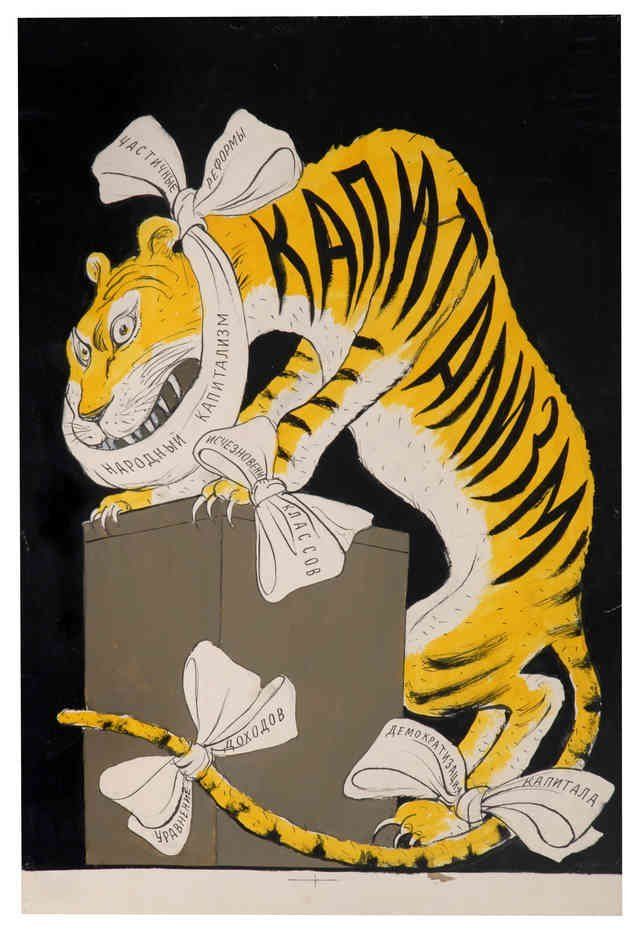Case study 1: Knocked off their pedestals
We work closely with the Hermitage contemporary art department on book/catalogues for their exhibitions of British art in Russia. For Still Standing, an exhibition by sculptor Antony Gormley, a close team comprising the Gormley Studio in north London, the book designer John Morgan studio, and Fontanka worked on the overall concept and design of the book from very early in the exhibition’s life-cycle. As a unique project that involved the removal of classical sculptures from pedestals they had occupied for nearly 300 years (a fairly fraught manoeuvre, as it turned out), Fontanka liaised with the sculptor and the museum’s curators throughout. We also worked closely with Hermitage photographer Yuri Molodkovets to enable the last-minute inclusion of post-installation photography. This was made possible by printing in St Petersburg with NP-Print, our long-term partners.
Case study 2: The missing manuscript
One of our most memorable projects involved the discovery of a unique document that had been hidden away in a private residence in Oxfordshire, UK for nearly a century. It was a translation of Russian folk tales by Netta Peacock, a pioneering traveller and writer who spent time in Russia in the late 1800s, where she came to know the Russian artist Elena Polenova. Their collaboration resulted in the gift of several illustrations to be published with the translation of the tales. Although the manuscript was prepared for publication, the First World War intervened and the book never appeared. Thanks to researcher Louise Hardiman and the close involvement of Natalya Polenova, great-niece of the artist and current director of Polenovo Museum Estate in Russia, the tales were finally published by Fontanka nearly a hundred years later as Why the Bear has no Tail and Other Russian Folk Tales. The second in what we hope will be an ongoing series of books with Polenovo has also now been published - The Story of Synko-Filipko and Other Russian Folk Tales, compiled and translated by Louise Hardiman.
Case study 3: A political joke
Private collections often reveal remarkable treasures, none more so than the Neboltai collection in Prague, with whom we worked on a book of political cartoons of the Soviet era, Drawing the Curtain: The Cold War in Cartoons. Collected since before the end of the Cold War, these illustrations and satirical cartoons are an extraordinary window onto the period. Again, it was a project that relied on several unique collaborations: with the British cartoon expert Tim Benson, who somehow managed to find intriguing British juxtapositions to every Soviet cartoon we chose; with Sergei Khrushchev, grandson of the former Soviet leader, who wrote the introduction; and with the Guardian newspaper, where we launched the book, with cartoonist Martin Rowson making the address.



